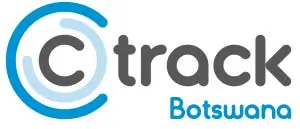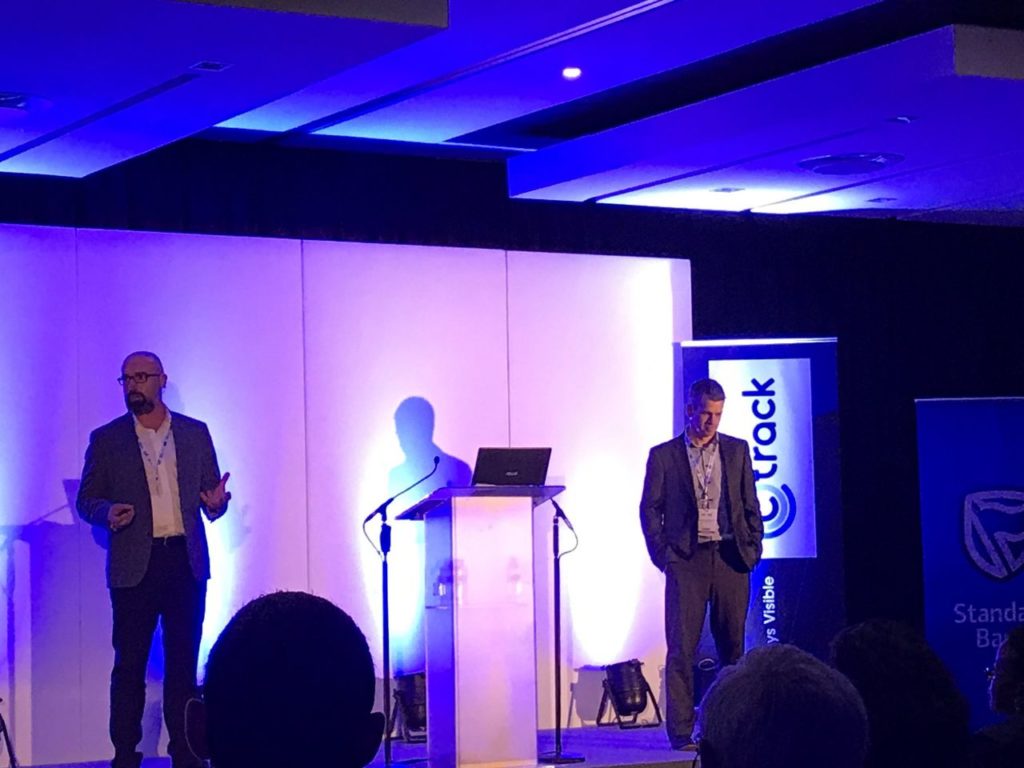Trucking Industry Should Brace Itself for Radical Digital Transformation
A new era has dawned in South Africa where digitalisation is rapidly transforming the trucking industry, and it is a business imperative to start embracing this concept as soon as possible – or fleet owners will not be able to compete in the near future.
This was one of the key messages that was delivered at the fourth annual TruckX and FleetX conference and expo, which concluded yesterday at the Kyalami Grand Prix Circuit in Midrand. More than 1 400 visitors attended the two-day event hosted by Ctrack by Inseego and Standard Bank, which is seen as the premier place for the transport, logistics, materials handling and fleet industries. Topics that were discussed included trends in the commercial fleet industry, the benefits of clean fuel to the transport industry, and the importance of truck safety compliance.
Speaking at Day 1, TruckX, Executive Head of IoT Solutions at Vodacom SA, Tony Smallwood, stressed that digitalisation will undoubtedly happen across all industries soon.
“Competitiveness will have a direct correlation to digitalisation, and traditional industries will need to transform to compete in 2020. Data, platforms and innovation will disrupt your norm. The Uber, AirBNB and Kindle of your industry will happen, and you need to be in a position to either be the change agent or be ready to adapt,” he said.
The transformation is already being evidenced in the next-generation supply chains. Based on the materials handling, logistics and supply chain association MHI’s annual industry report, the next-generation supply chain is defined as digital, on-demand and Always-On. 80% of executives polled for this report said that the digital supply chain will be the predominant global supply chain model within five years, while 16% stressed that it is already digital.
“Today, trucks have already become a mobile node in the Internet of Things, with trucking companies and drivers benefiting from IoT logistics data that’s now available to them from mobile devices in the cab. Drivers can use linked devices to help them do their jobs faster and safer. Think mobile apps for task management, training on the go, and trend reporting to business intelligence dashboards,” said Morne Janse van Rensburg, CEO of VSc Solutions, who presented on Day 1.
“The cost of hardware and connectivity has dropped significantly in recent years, while cloud processing has become affordable and accessible to all sizes of businesses. All this is driving IoT and opens up the possibility of connecting just about anything,” he added.
Hein Jordt, MD of Ctrack South Africa, agrees that the fast development in technology is increasingly changing the way fleet owners do business. “There are global evolutionary concepts out there that are quickly transforming the logistics and trucking industry.
“The implication of the Internet of Things is that telematics is able to perform at a whole new level. Among this is automating business process for improved quality and lower costs, applying analytics to the entire logistics value chain, and optimising how systems, assets and people integrate to work together. Now more than ever, fleet owners should embrace the advancements in telematics technology in order to be fully prepared when the wave of digitalisation fully hits,” he concludes.
[Picture: Morne Janse van Rensburg and Grant Marshbank of VSc Solutions discussing the future of telematics at TruckX 2017.]

